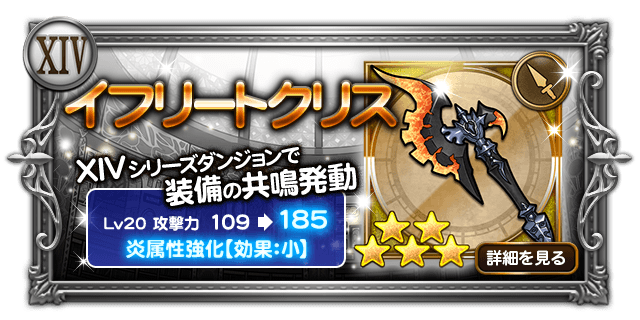

In Southeast Asia, there is evidence that Japanese soldiers simply kidnapped women to work in the brothels." According to an article published by the Japanese newspaper, the Asahi Shimbun, "Prostitution agents were prevalent due to the poverty and patriarchal family system. One article published in the New York Times asserts that "There is little evidence that the Japanese military abducted or was directly involved in entrapping women in Korea, which had been a Japanese colony for decades when the war began, although the women and activists who support them say the women were often deceived and forced to work against their will." However, the same article also states that, "Many were deceived with offers of jobs in factories and hospitals and then forced to provide sex for imperial soldiers in the comfort stations. Nobuo Ishihara, deputy Chief Cabinet Secretary at the time of the drafting of the Kono Statement, has stated in unsworn testimony to the National Diet that no written records verifying the accounts of the 16 women who were interviewed during the course of the investigation could be discovered. Former Prime Minister Shinzō Abe, during his first term as Prime Minister in 2007, stated that he did not believe women were coerced by the Japanese army into working at military brothels. It is still debated whether the statement acknowledged that coercion had been used in the recruitment and retention of the women by the Japanese Imperial Army directly, as the recruitment was believed to be mainly conducted by private recruiting agents (both Korean and Japanese). The Kono Statement has been the target of criticism by some conservatives in Japan. He explained that although there is a misunderstanding that the Kono Statement covers only Korean Peninsula, it covers all the comfort women of the Imperial Japanese military. On June 9, 2015, Kono stated at a press conference that there was undeniable evidence that comfort women were forcibly taken, citing Dutch women in Indonesia. It also led to the creation of the Asian Women's Fund, which provided aid and support to women who had been forced into prostitution during the war. Kono's subsequent call for historical research and education aimed at remembering the issue became the basis for addressing the subject of forced prostitution in school history textbooks. A similar statement was offered before on July 6, 1992, by Kono's predecessor Koichi Kato saying that the "Government had been involved in the establishment of comfort stations, the control of those who recruited comfort women, the construction and reinforcement of comfort facilities, the management and surveillance of comfort stations, " and that the government wanted to "express its sincere apology and remorse to all those who have suffered indescribable hardship as so-called 'wartime comfort women.'"


 0 kommentar(er)
0 kommentar(er)
